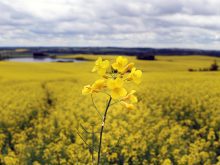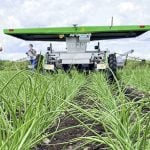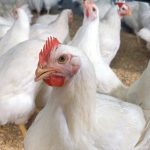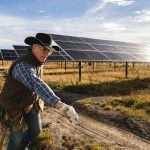MOOSE JAW, Sask. – Many Saskatchewan cow-calf producers have now added drought to their lengthy list of worries.
Producers attending the recent Saskatchewan Stock Growers Association convention here said pastures are poor and feed will be in short supply, particularly in west-central areas.
Outgoing association president Ed Bothner of Beechy said this will affect cattle numbers.
“I think we’re going to see a sell-down continue,” he said.
Steve Primrose, who operates Primrose Livestock at Lethbridge and Swift Current and a cow-calf operation at Eston, Sask., agreed.
Read Also
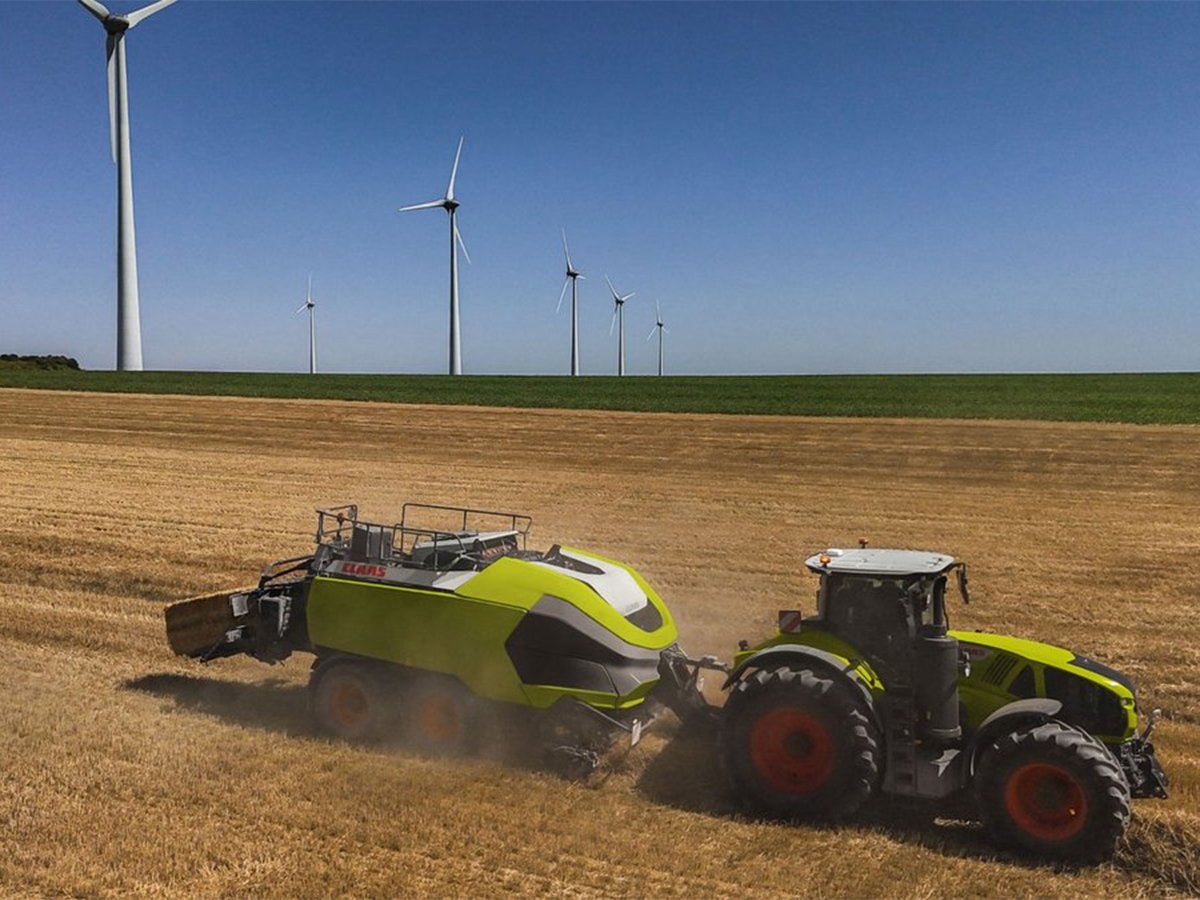
Machinery automation runs through 2025 Agritechnica innovation awards
Computer vision and AI processing for farm machinery show up many times in Agritechnica’s 2025 innovation award winners.
“We’re going to see a big sell off,” he predicted.
Rain last week did little to ease the situation in the hardest hit area, which is a triangle from Saskatoon northwest to Lloydminster and southwest to Kindersley and Swift Current. The area also extends through much of central Alberta.
Hay and pasture growth has been slow due to dry and cool conditions.
Canadian Cattlemen’s Association president Brad Wildeman said feed costs will go up and be in short supply.
According to the Saskatchewan Forage Council’s June hay and pasture report, yields were above average from 2004 to 2007. That pushed prices down and inventory up. But last year, yields were average to below average.
A long, cold winter, delayed spring and extended feeding period have now put pressure on supplies.
Ducks Unlimited has said it will tender 21,000 acres for hay in early July. It already has long-term agreements in place with local producers to graze 15,000 acres.
DU will allow haying after July 14 in the south and July 20 in parkland regions to allow nesting birds time to hatch their eggs and leave the nest.
Saskatchewan Cattlemen’s Association president Jack Hextall said drought is a concern but also one with which producers have had a lot of experience.
“We’ve been there before,” he said.







